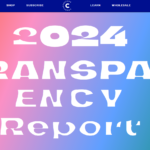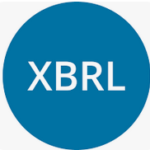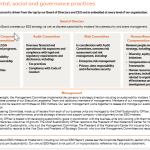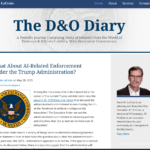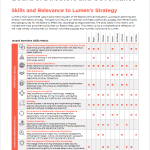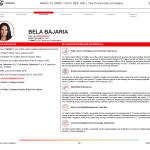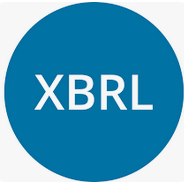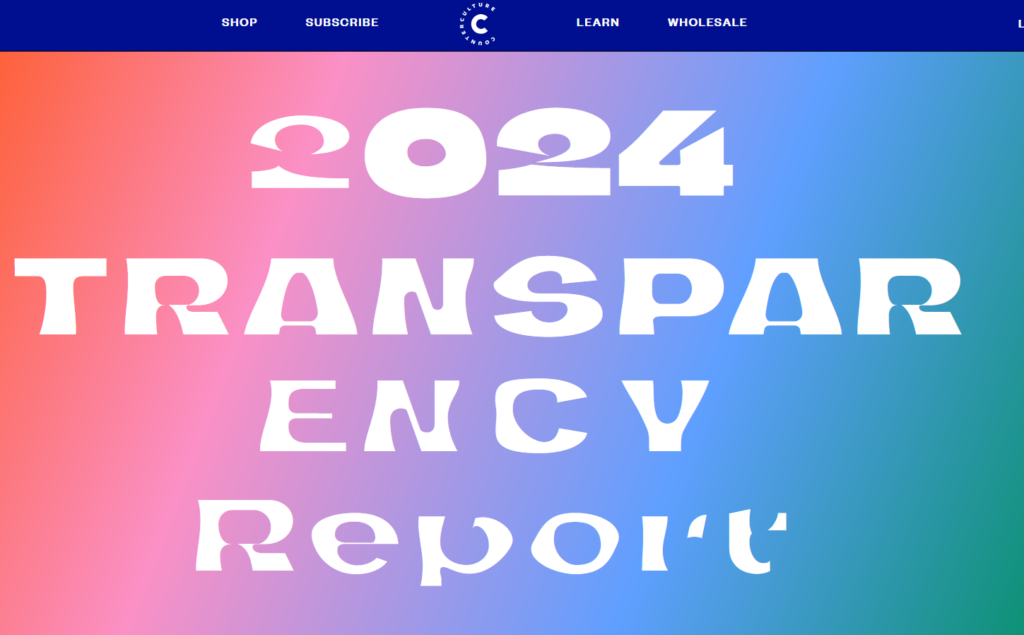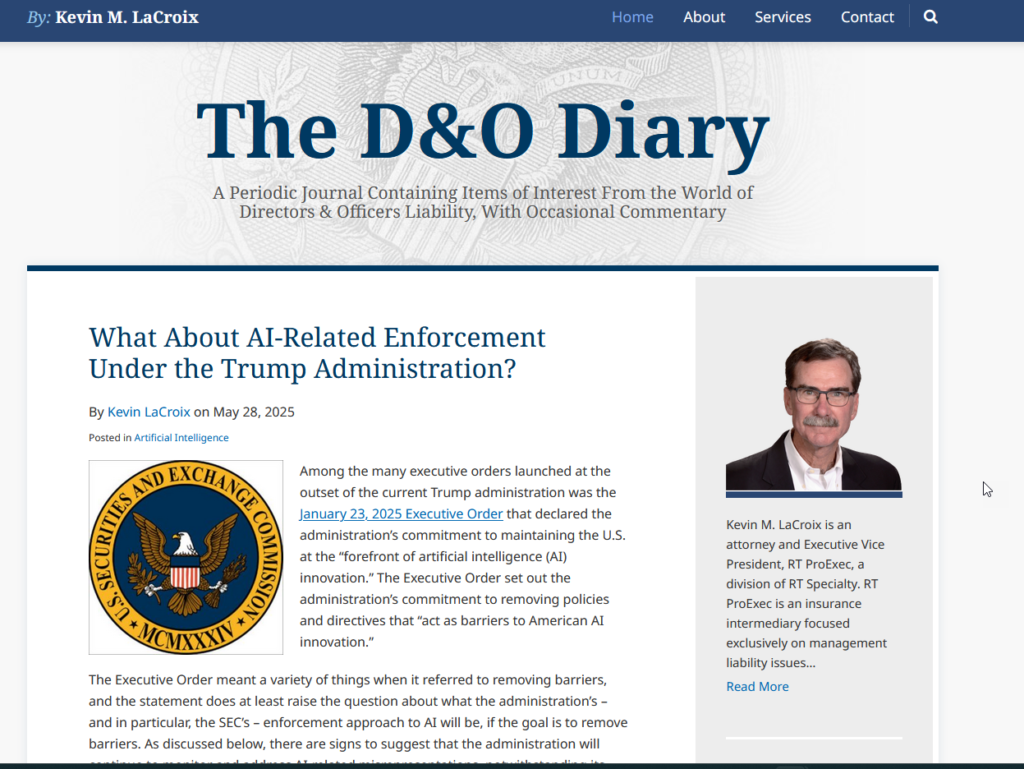This is pretty wild stuff about leveraging universal proxy as reported in this note by Michael Levin of “The Activist Investor”: “Last week, HCC hosted its annual shareholders meeting, and we saw how this interesting and promising idea worked out for the United Mine Workers. As a reminder, HCC shareholder UMW solicited its own proxies, instead of relying on the HCC proxy statement. This prompted HCC to include five UMW proposals, without limits, in the HCC proxy statement, rather than the single limited one that the SEC permits.
Four of the proposals addressed classic corporate governance reforms, while the fifth concerned labor relations. Of the five, two won shareholder approval, the labor relations proposal came close, another did okay, and the fifth received negligible support.
In the weeks leading up to the AGM, we saw surprisingly little publicity. HCC released a fairly standard shareholder letter and presentation. UMW released one letter and a list of shareholder proposals that the AFL-CIO supports, including the labor relations proposal at HCC. We saw a couple of posts on social media. That’s about it.
UMW noted ISS and Glass Lewis both advised shareholders vote for the labor relations proposal. We don’t know how they advised on the others. Based on the voting results, we expect they supported only some of them.
HCC actually endorsed one, on proxy access. It, of course, opposed the others.
The AGM took place on April 25. 84% of the outstanding shares were represented at the AGM, about the same as in 2023 and 2022. The proxy contest didn’t prompt greater turnout.
The labor relations proposal received 46% of the votes, which UMW called a “win.” The proxy access proposal won 99% of the votes, after HCC endorsed it, and a proposal requiring shareholder approval of poison pills won 51% of the votes. The other two did not win a majority, for shareholder approval of preferred stock issuance (22%) and of golden parachutes (4%). After UMW submitted the latter proposal, HCC adopted limits on severance pay, which evidently satisfied shareholders and led to the low support.
We understand UMW really did solicit its own proxies and collected a substantial number. Earlier we pondered whether it would instead rely mostly or entirely on HCC. UMW sent postcards under notice-and-access to only the requisite 50% of the voting power and didn’t retain a proxy solicitor.
UMW achieved significant results with creativity and effort at an absurdly low cost. It could easily add director nominations, bylaw amendments, and other proposals to the mix. Companies continue to seek to limit conventional shareholder proposals from the usual ESG shareholders. Other activists look to shareholder proposals, in addition to BoD elections, to influence portfolio companies. We’re eager to see what else others do with this idea.”


